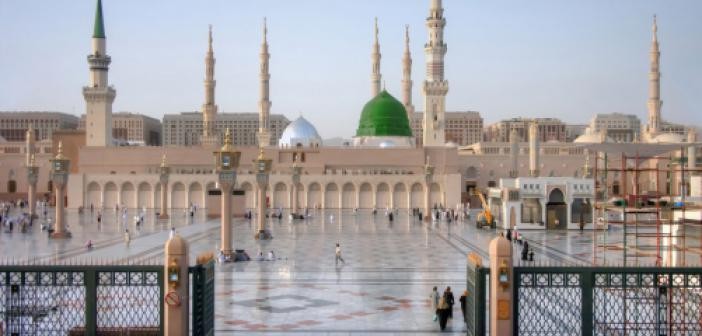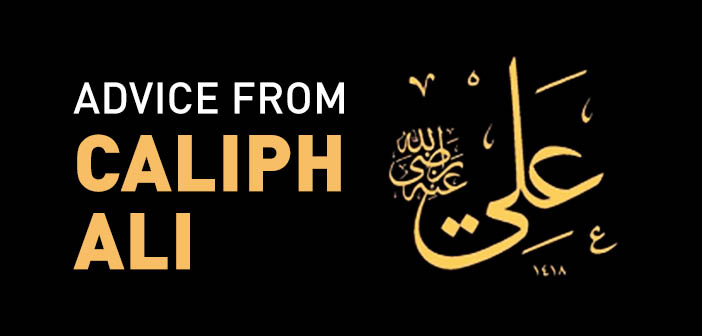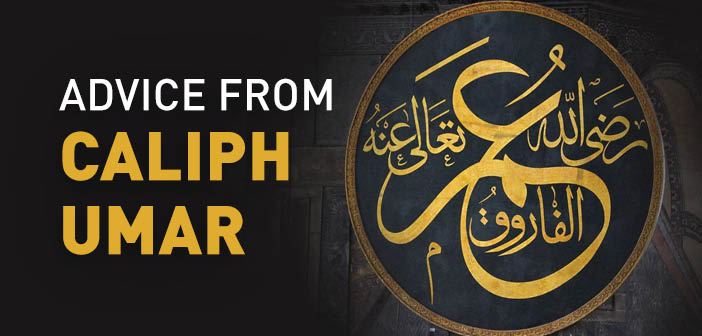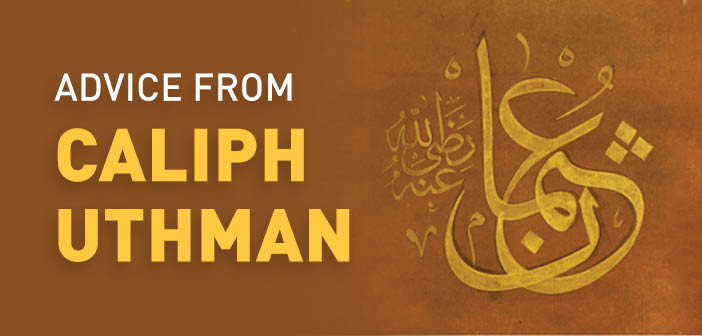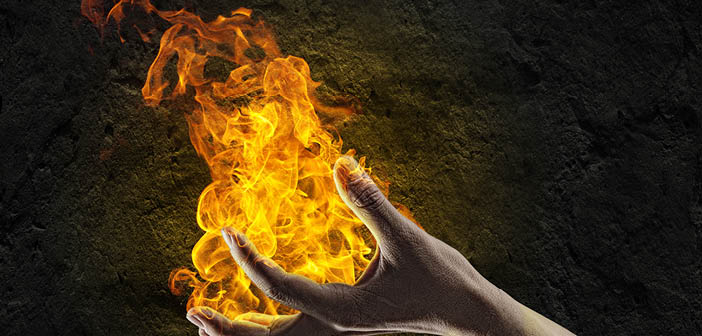
THE ATTITUDES OF ABU LAHAB AND HIS WIFE AGAINST THE PROPHET
How were the attitudes of Abu Lahab and his wife against the Prophet Muhammad (s.a.w)? Here's answer...
The Prophet’s -upon him blessings and peace- home was situated between the houses of two wretched figures, Abu Lahab and Uqbah ibn Abi Muayt. They used to dump all kinds of filth in front of the Blessed Prophet’s -upon him blessings and peace- door. Though this would break the Prophet’s -upon him blessings and peace- gentle and pure heart, he would only say:
“What kind of neighbors are you, sons of Abd Manaf?” and remove the filth away from his doorstep. (Ibn Saad, I, 201)
While about to do the same vile act one day, Abu Lahab was seen by Hamza –Allah be well-pleased with him-, who, grabbing the filth from Abu Lahab’s hands, emptied it on his head. All Abu Lahab could do was to clean his head of the dirt, while firing insults at Hamza –Allah be well-pleased with him-.[1]
Neither did Umm Jameel ever lag behind her husband Abu Lahab in inflicting torment on the Messenger of Allah. Every night she would prepare a bundle from the thorny branches of trees, and hanging them around her neck, she would throw them at night on the path of the Prophet -upon him blessings and peace-, so that he would step on the prickles. But the Prophet -upon him blessings and peace- would walk over them, as if walking over silk.[2]
Their wrongdoings brought about the revelation of the chapter al-Masad. When Umm Jameel heard it, grabbing a large stone in her hand, she went out searching for the Prophet -upon him blessings and peace-. Meanwhile, the Messenger of Allah -upon him blessings and peace- had been sitting by the Kaabah with Abu Bakr –Allah be well-pleased with him-.
Seeing her from a distance, Abu Bakr said:
“Umm Jameel is heading this way, Messenger of Allah. I am worried that she will see you and cause you distress. If only you had gotten up and left before she saw you.”
“She will not be able to see me”, the Gracious Prophet -upon him blessings and peace- replied.
Indeed, even though Umm Jameel stood next to them, she could not see the Prophet -upon him blessings and peace-. After ranting awhile to Abu Bakr –Allah be well-pleased with him-, she left.[3]
Before Prophethood, the Prophet’s -upon him blessings and peace- daughter Umm Kulthum had already been married to Abu Lahab’s son Utaybah, while his -upon him blessings and peace- other daughter Ruqayya was engaged to Abu Lahab’s other son Utbah. Upon the revelation of al-Masad, Umm Jameel told her sons to:
“Separate from Ruqayya and Umm Kulthum. They have abandoned our religion!”
And so did Abu Lahab. “If you do not leave Muhammad’s daughters, stay out of my sight!” he bellowed.
Utaybah thereupon went to the Prophet -upon him blessings and peace- and said, “Damn your religion! I hereby divorce your daughter. From now on do not ever come near me, and I will never come near you!” After these words, he insolently ripped the shirt of the Prophet -upon him blessings and peace-.
In the face of such rudeness, the Messenger of Allah -upon him blessings and peace- prayed,
“Allah…Unleash upon him one of your dogs!”
After a while, Utaybah joined a caravan on a trade journey. They stopped by at a place called Zarqa. When, that night, a lion began circling the caravan, Utaybah remarked:
“Oh my...! It is going to come and get me just as Muhammad had prayed. I can just feel it! He may be in Mecca, and I in Damascus, but if I die, Ibn Abi Kabshah[4] is responsible!”
After roaming around them awhile that night the lion eventually left. Utaybah’s friends placed him in between them and went back to sleep. Then suddenly the lion returned. Slowly sniffing its way through the group, the lion came all the way up to Utaybah. So fiercely and swiftly did the lion lunge towards Utaybah’s head that the idolater, at that moment, began coming to terms with a horrendous death. He could only but scream, “Didn’t I tell you that Muhammad is a man of his word?”
Hearing of his son’s terrible death, Abu Lahab responded in a similar way:
“I knew Muhammad’s wrath would target my son one day...”[5]
The Light of Being -upon him blessings and peace- experienced the torment of many idolaters like Abu Lahab during this period. Responding with patience and endurance, he nevertheless continued his calling.
[1] See Ibn Asîr, al-Kâmil, II, 70.
[2] See Ibn Hisham , I, 376; Qurtubî, XX, 240.
[3] See Ibn Hisham , I, 378-379; Qurtubî, XX, 234.
[4] Previously, a man by the name of Abu Kabshah from the tribe of Hudaa had opposed his tribesmen over the worship of idols. Likening the Blessed Prophet -upon him blessings and peace- to Abu Kabshah, the Meccan idolaters would sometimes refer to him as Ibn Abi Kabshah, that is the son of Abu Kabshah. According to another account, Abu Kabshah could have been the label of one of either the maternal or paternal grandfathers of the Prophet -upon him blessings and peace-, or even his foster father, i.e. Halimah’s husband.
[5] See Ibn Saad, VIII, 36-37; Bayhakî, Dalâil, II, 338-339; Haythami , VI, 19.
Source: Fiqh1 (According To The Shafi’i School Of Islamic Law), Erkam Publications
SIMILAR ARTICLES
- WHAT IS ISLAM?
- THE FAMİLY TREE OF PROPHET MUHAMMAD SAW
- THE ESSENTIALS OF ISLAMIC FAITH
- FREE İSLAMİC BOOKS READ AND DOWNLOAD PDF
- MORALITY IN ISLAM




